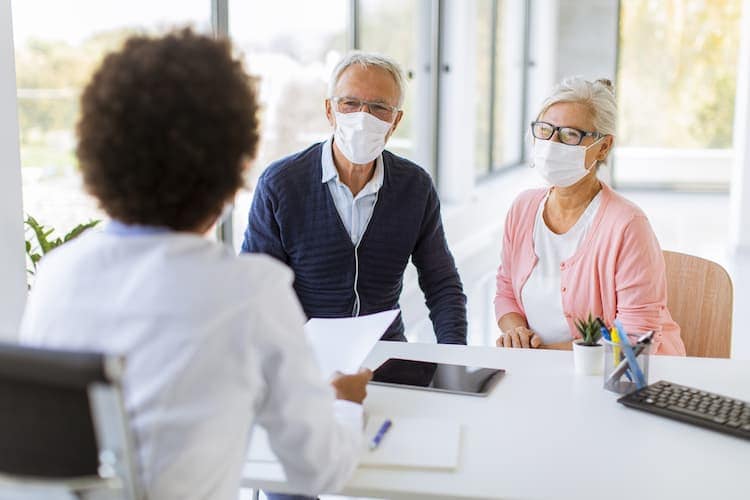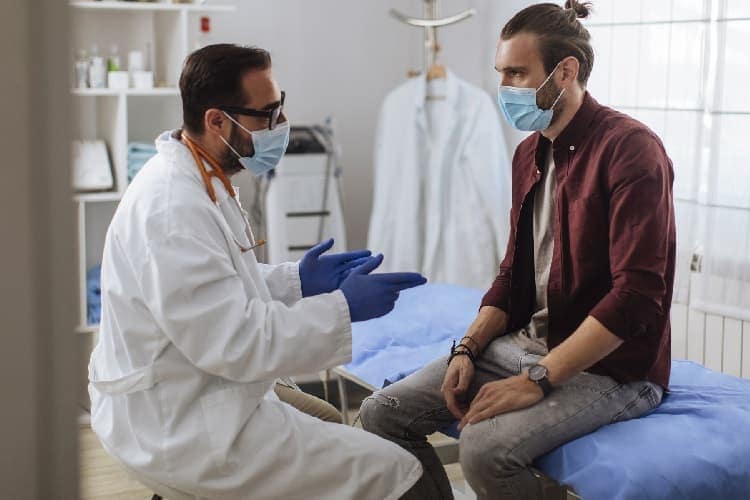Men have higher rates of getting and dying from cancer than women. You can lower your chance of getting certain kinds of cancer.
Most cancers take years to develop. Many things can affect your chance of getting cancer. Things that raise your chance of getting cancer are called risk factors.
You can’t control some risk factors, like getting older. But you can control many others. In fact, there are things you can do every day to avoid getting cancer. Two of the most important things you can do are making healthy choices and getting the screening tests that are right for you.
Healthy Choices
Quitting smoking is one of the best ways to lower your cancer risk. Smoking can cause cancer almost anywhere in the body. If you don’t smoke, make sure you stay away from other people’s smoke.
The link between smoking and cancer is well-known. But you may be surprised by other things that can lead to cancer.
- Ultraviolet (UV) rays from the sun or artificial sources like a tanning bed, booth, or sunlamp can cause skin cancer, the most common cancer.
- Drinking alcohol raises your risk of getting five kinds of cancer, including liver cancer and colorectal cancer.
- About 40% of all cancers are associated with overweight and obesity.
Details about making healthy choices
Screening Tests
Screening means checking your body for cancer before you have symptoms. All screening tests have benefits and harms. Screening is recommended when the benefits outweigh the harms.

If you’re 45 to 75 years old, get screened regularly.
You should start getting screened for colorectal cancer soon after turning 45, and get screened regularly until you’re 75. Several screening tests are available. Some can be done at home, and others are done in a doctor’s office. Talk to your doctor about which test is right for you.
Lung Cancer Screening

Screening is recommended for people who are 50 to 80 years old and are current or former heavy smokers.
The U.S. Preventive Services Task Force, a group of experts, recommends yearly lung cancer screening with low-dose computed tomography (LDCT) for people who are 50 to 80 years old, have a history of heavy smoking, and smoke now or quit within the past 15 years.
Prostate Cancer Screening

Middle-aged men should talk to their doctor about the possible benefits and harms of screening.
The goal of screening for prostate cancer is to find cancers that may be at high risk for spreading if not treated, and to find them early before they spread. However, most prostate cancers grow slowly or not at all.
A blood test called a prostate specific antigen (PSA) test is commonly used to screen for prostate cancer. If you are thinking about being screened, learn about the possible benefits and harms of screening, and talk to your doctor about your personal risk factors.
Source: https://www.cdc.gov/cancer/dcpc/resources/features/CancerAndMen/index.htm



